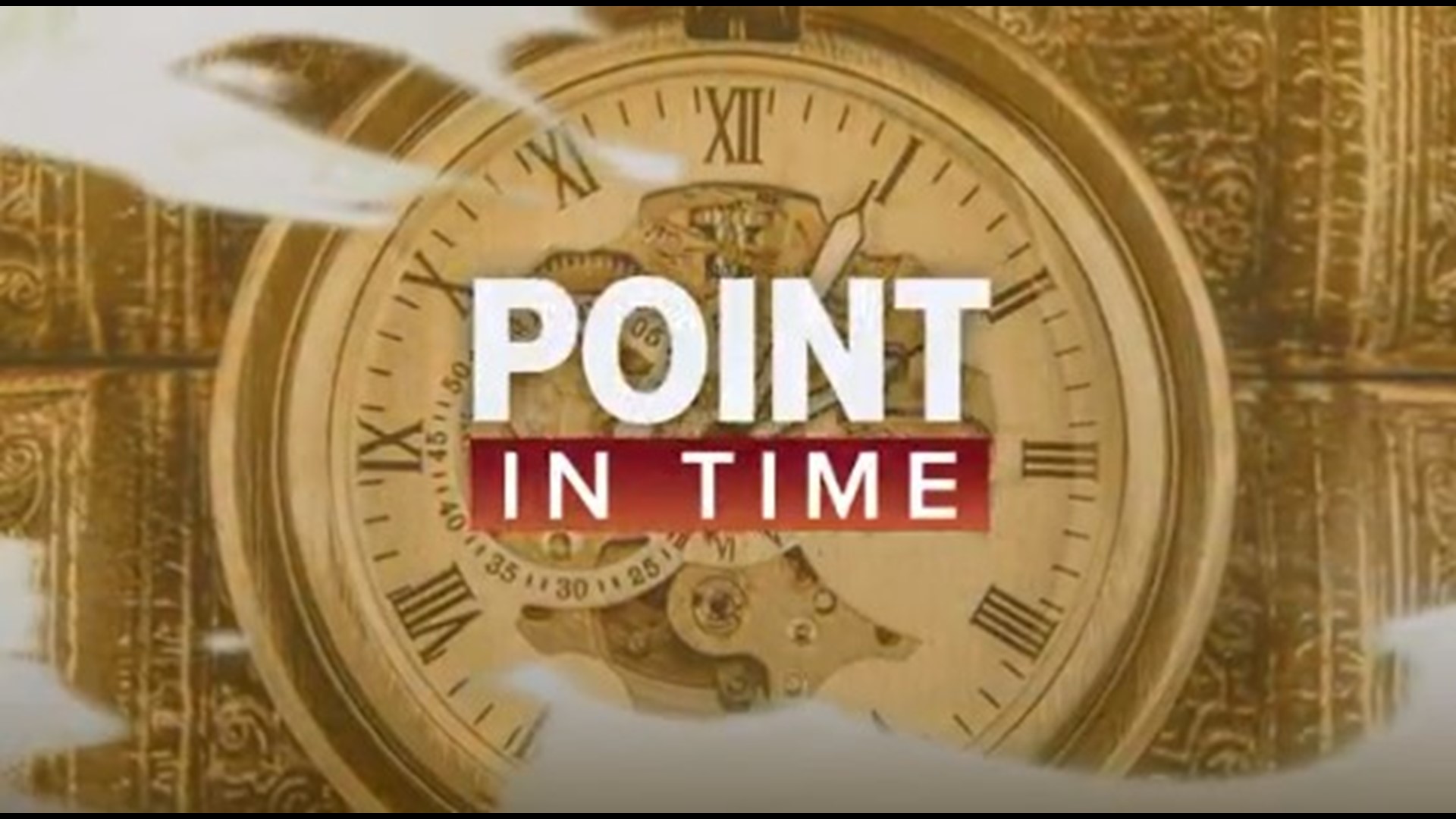SACRAMENTO, Calif. — Holding a rare copy of the Sacramento Star in her hands, Kerry Parsons reads the headline from July 28, 1982: “Immunodeficient syndrome is epidemic. Awareness urged for gay men.”
“Back then, we didn’t know what HIV or AIDS really were,” said Parsons, a Lavender Library Board member. Parsons said when she looks through these old newspapers, she’s transported back in time.
“These are historical artifacts. They are snapshots of what was going on at the time for a population that isn’t included in our history," said Parsons.
The newspaper, for gay and lesbian Sacramentans, circulated for about two years in the '80s. It’s just one edition of thousands in the Lavender Library’s collection of LGBTQ+ newspapers and newsletters that circulated through northern California.
“It makes me feel proud for the people who have gone before me and were so brave to speak out about these things to be seen in the world in a time when it was not safe to do so,” said Parsons.
The volunteer-run library is on a mission to digitize and preserve the collection to make it easier to access. It has been fundraising to purchase a large-scale scanner and building partnerships to preserve the collection.
The periodicals document the community’s struggles, achievements, and culture.
“It shows we've been fighting for a long time and we’re going to continue to fight that our rights are valid, our lives are valid, our love is valid,” said Lenix Pecikonis, a Lavender Library board member, who uses they/their pronouns.
Pecikonis said they’re passionate about preserving the periodicals for LGBTQ+ youth, as a record number of stories are censored in different parts of the country.
New analysis published this week by PEN America, a free speech and literary organization, shows there were more than 2,500 books banned in more than 130 school districts across 32 states over the past year. Of those books, 41% cover LGBTQ+ themes.
The research is part of Banned Books Week, celebrating the freedom to read and open access to information. This year, the theme of banned books weeks is “Books unite us. Censorship divides us.”
The weeklong event launched in the '80s to draw national attention to the harms of censorship after a sudden surge of challenges to books in schools. Which, the country is again witnessing due to current political pressures.
The campaign to ban books in part driven by politics, with state lawmakers and executive branch officials pushing for bans. They argue parental rights within government in order to shield their children from material they believe to be obscene.
“When we ban books, we are telling people those stories don’t matter,” said Pecikonis.
They say it was access to age-appropriate books that helped them understand what it meant to be transgender and helped them come out at the age of 24.
With LGBTQ+ youth at higher risk of suicide due to mistreatment and stigmatizations in society, Pecikonis said the Lavender Library’s collection of local stories plays a vital role.
“We want them to know that they exist. Their existence matters. They do have a future here,” they said.
Watch more from ABC10: Elk Grove Unified inclusion specialists and parents protest 'trickle down effect'



















